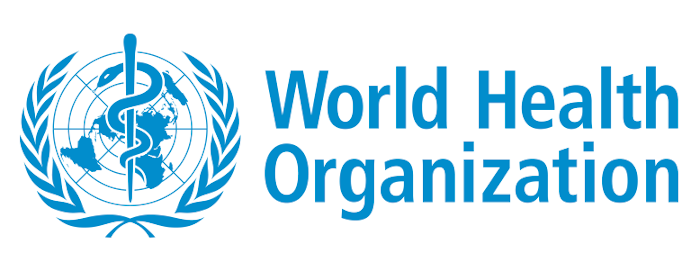
The World Health Organization (WHO), as one of the founding members of Gavi and the UN's specialist agency providing leadership on global health issues, is a key policy influence and implementing partner.
WHO is one of four permanent members of the Gavi Board.The UN agency's Department of Immunization, Vaccines and Biologicals, based at WHO headquarters in Geneva, supports and facilitates research and development, sets standards and regulates vaccine quality and develops evidence-based policy options to guide vaccine use and maximise country access.
As such, WHO sets down technical specifications for vaccines and prequalifies all vaccines that Gavi supports.
Gavi and its partners are guided by the recommendations of WHO's Vaccine Advisory Committee, vaccine position papers and the Immunization Practices Advisory Committee (IPAC). Set up in 2010 with many Gavi partners as members, IPAC advises on immunisation practices, operational standards, tools and technologies
great profile pic lol
world health organization Who funds the WHO?
Status: 23.04.2020 15:29 Uhr
With loud criticism from U.S. President Trump and suspended U.S. payments, funding for the World Health Organization has come under the spotlight. Where does WHO's funding come from?
By Natalia Frumkina, tagesschau.de.
The role of the World Health Organization (WHO) in combating the coronavirus pandemic is controversial - its response has been too slow and too biased with regard to China, for example, US President Donald Trump accuses it. This criticism contradicts the WHO's self-declared goal, which it enshrines in its more than 70-year-old constitution: To help all peoples achieve the best possible state of health.
Natalia Frumkina
Natalia Frumkina tagesschau.de
It supports the member states in building up their health systems, for example, or provides them with technical assistance in urgent cases. According to the Federal Agency for Civic Education, the WHO's tasks also include promoting health research. To do this, it needs financial resources.
Donations as the largest source of income
The organization is financed through two main channels: the fixed compulsory contributions of its 194 member states and voluntary contributions. The amount of the compulsory contributions is based on the level of prosperity of the member state and its population. Since 1993, the level of these contributions has been frozen - over the years, their share of the organization's total budget has steadily declined and now stands at about a quarter, according to the organization itself.
More than 75 percent of WHO's funding thus comes from voluntary contributions. A large proportion of these contributions are earmarked for specific areas of the organization's activities. In contrast to the compulsory payments, these donations come both from member states and from organizations - such as the Gavi vaccination alliance, the World Bank, Rotarians International and the Bill and Melinda Gates Foundation as one of the largest donors.
U.S. - largest single funder to date
For 2018-2019, the World Health Organization's approved biennial budget was more than $4.4 billion. The largest contributor - in terms of total mandatory and voluntary contributions - during this period was the United States, which was responsible for nearly 15 percent of payments. The Bill and Melinda Gates Foundation was the second-largest contributor, accounting for just under 10 percent, followed by the vaccination alliance Gavi (8.4 percent), the United Kingdom (7.8 percent) and Germany (5.67 percent).
Most of the money went to programs to eradicate polio, improve access to health and nutrition systems, and prevent disease from vaccination.
Criticism of funding
The WHO's financing model has repeatedly met with criticism: the organization is too dependent on the will of the respective governments, private foundations or even pharmaceutical companies. "If Bill Gates said tomorrow, 'I'm no longer interested in health, I'm investing all my money in education issues,' for example, the WHO would be finished," Indian doctor and health activist Amit Sengupta had told Deutschlandfunk radio in 2017.
The actors would also set the agenda of the organization by earmarking their donations. Thomas Gebauer from the health organization Medico International also criticized on Deutschlandfunk that they often support projects that show quick measurable successes, while other important tasks are neglected, such as the fight for better living conditions.